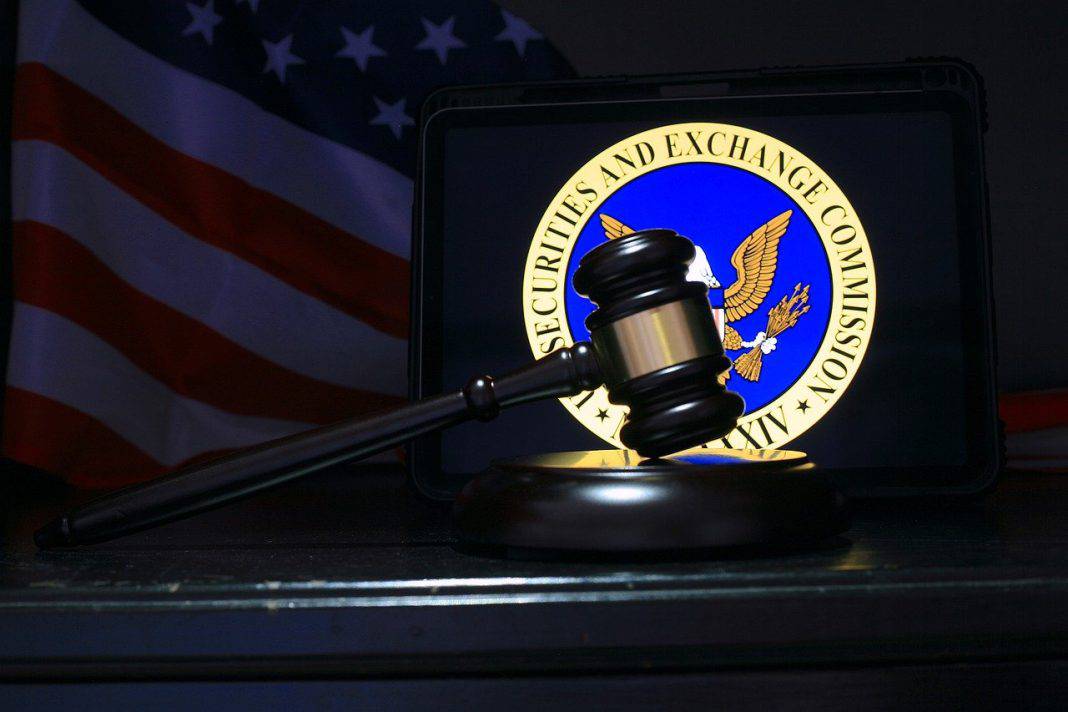
Did you know that back in April 2023, a class action lawsuit was filed against a prominent tech staffing company called Smoothstack, Inc? And just so you know, the company is reputed for its high-level training of IT professionals and for its service of bringing them on board to major corporations. Nonetheless, instead of opening doors for career advancement through training, Smoothstack is accused of keeping employees in low-income jobs and punishing those who want to leave early with stiff penalties, and that’s kinda the main topic today.
It is noted in the lawsuit that Smoothstack’s methods are both unfair and unlawful and that they have come to the agency’s attention through former employees with the help of the U.S. Department of Labor (DOL), which calls attention to the serious nature of these allegations. So, let’s see what is the update with this Smoothstack Lawsuit, shall we?
What Is Smoothstack’s Binding Contracts?
The class-action lawsuit that was lodged in April 2023 tells the story of people who were attracted to Smoothstack by the promise of rock-solid careers as techies but ultimately trapped in the positions they were unable to leave. Like, apparently, Smoothstack’s TRAP forced workers to undergo 4,000 hours of work almost in two years for its clients or face huge fines of $30,000 for quitting their jobs early.
Not just that though, you see, in addition, the lawsuit indicates that the workers were not compensated during the initiation of 2-3 weeks of training. When payment was eventually provided to them, it was claimed to be at the minimum wage level as well as for no overtime periods, despite the employees often putting in longer hours. Like, the plaintiffs claimed that Smoothstack was very good at making high-salary jobs seem possible with top companies, while in reality, they pushed the workforce into low-paying contracted jobs. Nobody could believe that Smoothstack even went as far as to threaten their employees with legal action and financial sanctions to ensure compliance, can you even believe that?
What Is DOL’s Involvement in the Case?
Well, just so you know, in July 2024, the U.S. Department of Labor stepped in, making the accusations even more serious. Why’s that though? Well, the DOL took it a step further and filed a lawsuit claiming that Smoothstack’s practices were against federal laws which included the Fair Labor Standards Act (FLSA). The DOL stated that Smoothstack not only used oppressive TRAPs but also induced employees to remain silent about problems by threatening them with horrible results, you know? Like, the DOL pointed out that Smoothstack contracts forbid employees from discussing salary, work conditions, or bad experiences at the company.
All in all, the DOL argued that, during the complaint of the case, Smoothstack obliged employees to notify the company if a government investigator contacted them. This policy is said to have created an atmosphere of panic, which had the effect of employees refraining from or voicing concerns about problems without facing sanctions.
What’s Next?
Well, on the other hand, thus Smoothstack is accused or convicted, it might be compelled not to use TRAPs (an agreement set up by the company), pay the missing wages, and undergo a total makeover of its recruitment and training practices. The court decision in this matter could also determine what other companies are authorized to do and not to do with TRAPs, starting with those whose business model relies heavily on entry-level and low-paying labor. You know, it is already on the agenda of regulatory authorities, such as the Federal Trade Commission, to impose restrictions on TRAPs, and possibly there will be more control over them shortly.
All in all, as this lawsuit moves forward, for sure, technology employees, labor advocates, and companies will be very keen to see the result.



